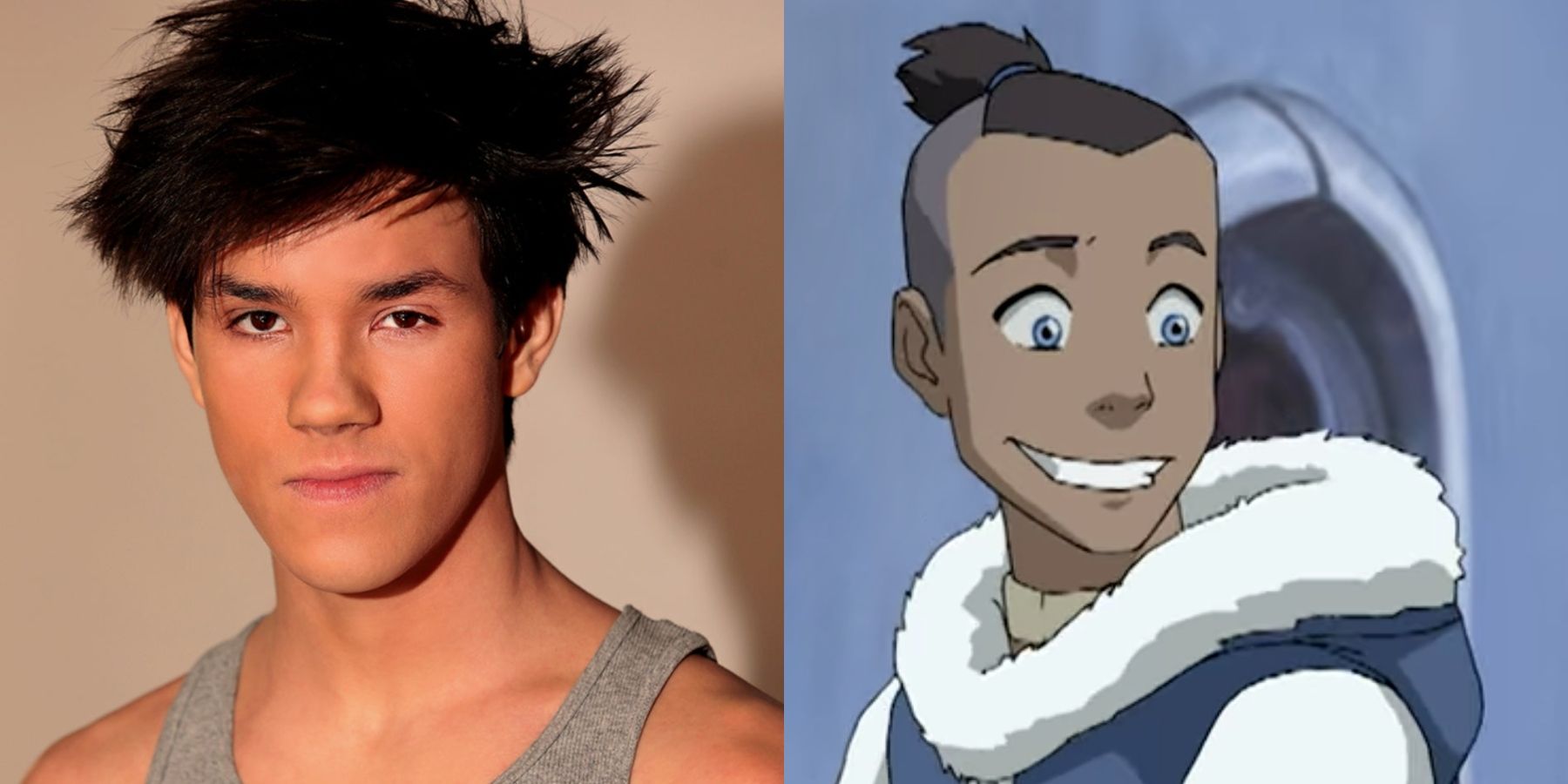Netflix's Highly-Anticipated Live-Action Adaptation of Avatar: The Last Airbender Sparks Excitement and Debate Among Fans
Fans of Avatar: The Last Airbender are expressing concern over Netflix's live-action adaptation due to controversy surrounding the casting of Sokka and reported creative differences with the original creators The production is already facing significant scrutiny from the dedicated fanbase
Disney has faced challenges in satisfying fans with their live-action remakes of classic animated movies, and now Avatar: The Last Airbender is poised to face similar difficulties as it prepares for its own live-action series on Netflix in 2024. The original animated show experienced a resurgence in popularity during the pandemic, sparking the production of a live-action remake series. While some fans are excited about the prospect, others approach it with skepticism.
As more information has been released since the initial announcement, including casting details and the first official images of the main characters in costume, a sense of dread has begun to grow among fans of the original series. This, coupled with other news that has emerged, has caused many to doubt whether this new live-action adaptation can live up to the high expectations. Understandably, fans are cautious, especially considering the disappointment of the first attempt at a live-action Avatar: The Last Airbender movie. However, there are several factors that contribute to fans' belief that this new adaptation may be doomed from the outset.
Controversy Over Sokka's Actor
The casting of the live-action series was crucial to fans, who desired accurate representation. It was important for the actors to truly embody the characters, including matching their heritage as closely as possible. In the previous live-action movie, this aspect was poorly executed. Hence, the casting of the new movie provided an opportunity for redemption, and for the most part, they succeeded in staying true to the ethnicities of the characters, or at least how they would be represented in the real world.
However, there has been some criticism regarding Ian Ousley, the actor selected to portray Sokka. He has faced accusations of falsely claiming Cherokee heritage in order to secure the role. Skeptical fans delved into legal documents and discovered that Ousley is not listed as a member of any of the three government-approved Cherokee tribes - the Eastern Band of Cherokee Indians, the United Keetoowah Band of Cherokee Indians, and the Cherokee Nation.
Ousley himself has not addressed the controversy surrounding his casting, but his friend Christabelle Marbun took to Instagram to refute the claims. Marbun asserted that Ousley is not white, but rather of native and Asian descent, urging people not to believe everything they see on the internet. As the actor has yet to make a statement on the matter, there is no official confirmation as of now. Nevertheless, even if the allegations are proven false, many fans are still disappointed that Sokka, a character clearly inspired by Inuit culture, was not portrayed by an Inuit actor. Additionally, the criticism extends to the actress playing Katara, who, although Indigenous, does not represent the Inuit community. This discrepancy has caused some fans to question the accuracy of this adaptation, further fueling concerns.
Creative Differences With Original Creators
The departure of the original creators behind Avatar: The Last Airbender, Michael Dante DiMartino and Bryan Konietzko, has cast a shadow over the production of the new Netflix adaptation. Their heavy involvement in the project was highly anticipated by fans, who believed that their creative input would ensure a successful outcome similar to the original series. However, it appears that there were differences in vision between DiMartino, Konietzko, and Netflix. In a blog post addressing the situation, DiMartino expressed that the on-screen version of the adaptation would not align with their original vision and intentions.
Fans were concerned about the creators' decision to distance themselves from the Netflix project, given their previous disappointment with the initial live-action adaptation of ATLA. Though the exact reasons remain unclear, it appears to have been a substantial factor that led them to completely disassociate from the project. Consequently, fans are anxious about the outcome of the series, and only time will reveal whether DiMartino and Konietzko made the correct choice in disengaging from the entire endeavor.












